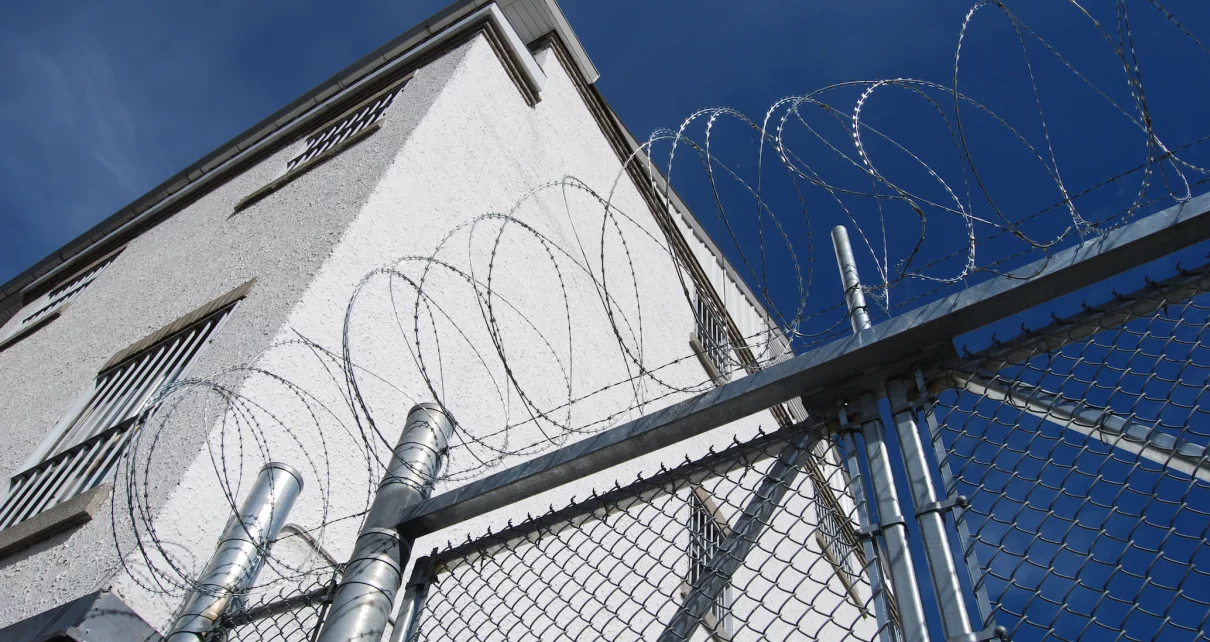David Milgaard’s visceral story of wrongful conviction was immortalized in Canadian culture when The Tragically Hip released Wheat Kings in 1992, a song inspired by Milgaard’s experience. The Supreme Court of Canada reviewed Milgaard’s case, in which he had been convicted in 1970 of the rape and murder of Gail Miller. In 1991, several key witnesses recanted their testimonies and provided additional information that raised doubts about Milgaard’s guilt. The Supreme Court concluded their review in 1992, resulting in Milgaard’s release from prison. In 1997, DNA tests that proved he was not the man that assaulted and killed Miller, fully exonerated him. In the words of The Tragically Hip’s lead singer, Gord Downie, despite Milgaard’s 23-year-long imprisonment, the nation had “always [known] that he’d go free.”
In 2004, the Government of Saskatchewan commissioned a public inquiry to investigate Milgaard’s wrongful conviction. It found that several missteps had been made. After the death of Miller in 1969, a friend of the then-16-year-old Milgaard informed the Saskatoon Police that he suspected Milgaard of being the assailant. This friend received a $2000 reward for this “evidence” that was only provided several months after the crimes had been committed and after the police had not been able to identify any promising suspects. When the police began investigating Milgaard, two of his friends provided him with an alibi for the crime. After being brought in for repeated interviews and interrogations, these friends eventually changed their stories, ultimately condemning Milgaard. The commission critiqued this intensive police questioning, stating that it caused Milgaard’s underage friends to provide incriminating and false statements. The commission also criticized the Saskatoon Police for ignoring a report from the actual killer’s wife claiming that her husband, Larry Fisher, had been the perpetrator.
Milgaard and his family faced an uphill battle in trying to clear his name. In 1971, Milgaard unsuccessfully appealed his case to the Saskatchewan Court of Appeal and the Supreme Court of Canada. Milgaard then applied to have his conviction reviewed by the Minister of Justice in 1988, but his application was dismissed. In 1991, he applied to have the Minister of Justice review his case again and was finally successful.
Once released from prison, Milgaard worked tirelessly to raise awareness about wrongful convictions in Canada and advocate for justice reforms related to judicial reviews of convictions. He gave interviews about his time in prison, detailing the horrors of the physical and sexual abuse he faced within it. Just two years ago, he met with Canada’s Minister of Justice David Lametti in Ottawa to advocate for the creation of an independent tribunal that would review claims of wrongful convictions. In Prime Minister Trudeau’s 2019 mandate letter to Minister Lametti, he stated that creating such a tribunal was one of his top priorities. After the 2021 election, Trudeau repeated this goal in his new mandate letter to Lametti.
Following Milgaard’s sudden death on May 15, 2022, Canadians have been reminded again of his story and the importance of having a fair and well-functioning justice system. Milgaard’s experience is not the only story of wrongful conviction in Canada. Innocence Canada is one non-profit organization in Canada whose pro-bono lawyers advocate against wrongful convictions and review criminal cases to exonerate innocent victims of these miscarriages of justice. Innocence Canada has successfully cleared the names of 24 wrongly convicted individuals since their inception in 1993. Research by criminologist Kathryn Campbell suggests that a total of over 70 people have been exonerated in Canada. Innocence Canada aims to increase this number and is currently reviewing 90 claims of innocence across the country.
When people are wrongfully convicted, days, months, or years of their lives are unjustly stolen from them. Upon release, they can have post-traumatic stress disorder, among other psychological issues. These miscarriages of justice are commonly caused by police missteps, like the Saskatoon Police’s interrogative interviews of minors and tunnel vision in the Milgaard case and false testimony. As one might guess, wrongful convictions are not an exclusively Canadian phenomenon – they occur in countries across the globe, even highly developed ones such as Japan, the US, and in Europe. In Japan, 162 people were found to have been wrongfully convicted between 1910 and 2010, although there is speculation that this is just the tip of the “wrongful conviction iceberg.” In the US, it is estimated that between 2% and 10% of individuals who are in prison for crimes are in fact innocent. In the area that was formerly known as West Germany, 1415 wrongful convictions were identified between 1951 and 1964 alone. Statistics like these beg the question: how many innocent people need to be imprisoned before a country’s citizens demand reform?
In the post-war order, in the shadow of the Nuremberg Trials, countries have been expected to abide by norms and principles like advancing democratic values, respecting human rights, and defering to the rule of law as a condition of being part of the community of nations. Wrongful convictions are an affront to these societal pillars, as they take away the accused’s human rights, like their liberty and security of person. In recognition of these enduring values, a transnational justice reform movement sprung up in the late 1980s to address things like wrongful conviction existing internationally. The International Society for the Reform of Criminal Justice is one non-governmental organization that was created in 1987 to discuss how to best reform criminal justice systems all over the world. Another organization that promotes prison reform is Penal Reform International that was created in 1989 to address issues surrounding the fairness and effectiveness of criminal justice systems. This reform movement, and the organizations that promote it, has seen some successes in reforming justice systems in the US as well as the UK. Canada has recently signaled its willingness to follow suit by proposing several bills that would change components of the Criminal Code and the justice system, but there is still a need for additional legislative and regulatory updates.
With the death of Milgaard bringing the issue of wrongful convictions back into the limelight, it is up to the Department of Justice to ensure that Milgaard’s legacy continues and to bring about changes that will provide wrongfully convicted Canadians with an avenue toward justice. Without judicial reform, like creating an independent tribunal to review convictions, Canada increases the chances that it will repeat the same mistakes of missteps and misallocation of guilt that led to David Milgaard’s sordid fate.
Image copyright: A photo of barbed wire at Kingston Penitentiary, Kingston, Canada, via @Larry Farr on Unsplash, December 8, 2018
Disclaimer: Any views or opinions expressed in articles are solely those of the authors and do not necessarily represent the views of the NATO Association of Canada.





